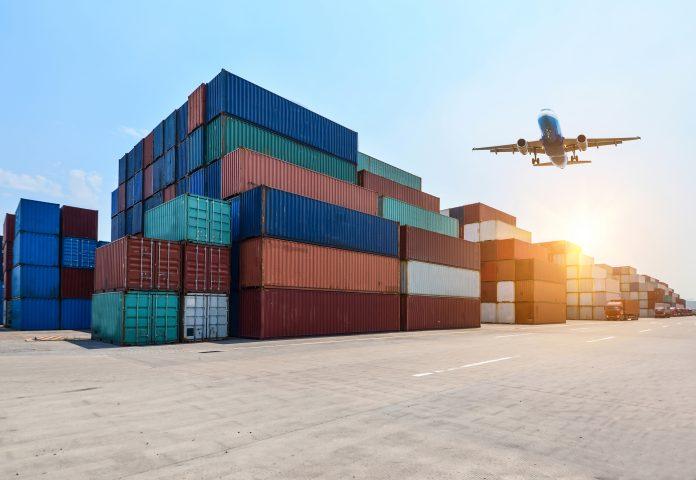Introduction
In today’s globalized economy, efficient cargo services play a crucial role in facilitating international trade and commerce. One of the prominent trade routes is between Pakistan and the United Kingdom (UK), which involves the transportation of goods via air, sea, and land. Understanding the logistics behind Pakistan Cargo Services and UK cargo services is essential for businesses and individuals involved in import-export activities.
The Significance of Pakistan-UK Trade
Pakistan and the UK have a longstanding trade relationship, with bilateral trade valued at billions of dollars annually. The exchange of goods between these two countries encompasses a wide range of products, including textiles, agricultural goods, machinery, electronics, and more. As such, the logistics infrastructure supporting this trade route is robust and well-established.
Modes of Transportation
Air Freight
Air freight is the fastest mode of transportation for cargo between Pakistan and the UK. Major international airports in Pakistan, such as Karachi’s Jinnah International Airport and Lahore’s Allama Iqbal International Airport, serve as crucial hubs for air cargo operations. Similarly, airports like London Heathrow and Manchester Airport in the UK facilitate the arrival and departure of cargo flights.
Sea Freight
Sea freight offers a cost-effective option for transporting large volumes of goods between Pakistan and the UK. The Karachi Port and Port Qasim in Pakistan are the primary seaports handling containerized cargo bound for the UK. On the UK side, ports like Felixstowe, Southampton, and Liverpool serve as major gateways for maritime imports from Pakistan.
Land Transportation
Land transportation, particularly road and rail networks, complements air and sea freight services, providing seamless connectivity to inland destinations. In Pakistan, the National Highway and Motorway networks facilitate the movement of cargo from ports and airports to distribution centers and industrial hubs. In the UK, an extensive road and rail infrastructure ensures efficient transit of goods to various destinations across the country.
Customs Clearance and Documentation
Import Procedures
Importing goods from Pakistan to the UK entails compliance with customs regulations and documentation requirements. Importers must submit essential documents such as commercial invoices, packing lists, certificates of origin, and relevant permits or licenses. Additionally, customs duties, taxes, and fees may apply based on the nature and value of the imported goods.
Export Procedures
Exporters from Pakistan must adhere to export control regulations and provide accurate documentation for customs clearance in the UK. This includes obtaining an Export Cargo Control Number (ECCN) from the Pakistan Customs authorities and preparing export declarations and shipping documents. Compliance with international trade regulations and standards is crucial to ensuring smooth cargo transit and timely delivery.
Freight Forwarding and Logistics Services
Role of Freight Forwarders
Freight forwarding companies play a vital role in managing the logistical complexities of Pakistan to UK cargo services. These firms specialize in coordinating transportation, handling customs procedures, and optimizing supply chain operations for their clients. By leveraging their expertise and network of carriers and partners, freight forwarders ensure efficient and cost-effective movement of goods from origin to destination.
Value-added Services
Apart from freight transportation, logistics providers offer a range of value-added services to enhance the efficiency and visibility of cargo operations. These may include warehousing, inventory management, cargo insurance, track-and-trace capabilities, and customs brokerage. By outsourcing logistics functions to experienced service providers, businesses can focus on their core activities while benefiting from streamlined supply chain management.
Conclusion
Understanding the process of Pakistan and UK Cargo Service is vital for businesses and individuals involved in international trade and shipping. By breaking down the logistics involved, including documentation, transportation modes, freight forwarding, and tracking, stakeholders can navigate the complexities of cross-border trade more effectively. With the right logistics partners and proper planning, businesses can ensure the timely delivery of their goods and maintain a competitive edge in the global market.
As trade continues to flourish between Pakistan and the UK, the demand for efficient and reliable cargo services will only grow. Businesses need to stay informed about the intricacies of the cargo process and collaborate with trusted partners to optimize their supply chain operations.
